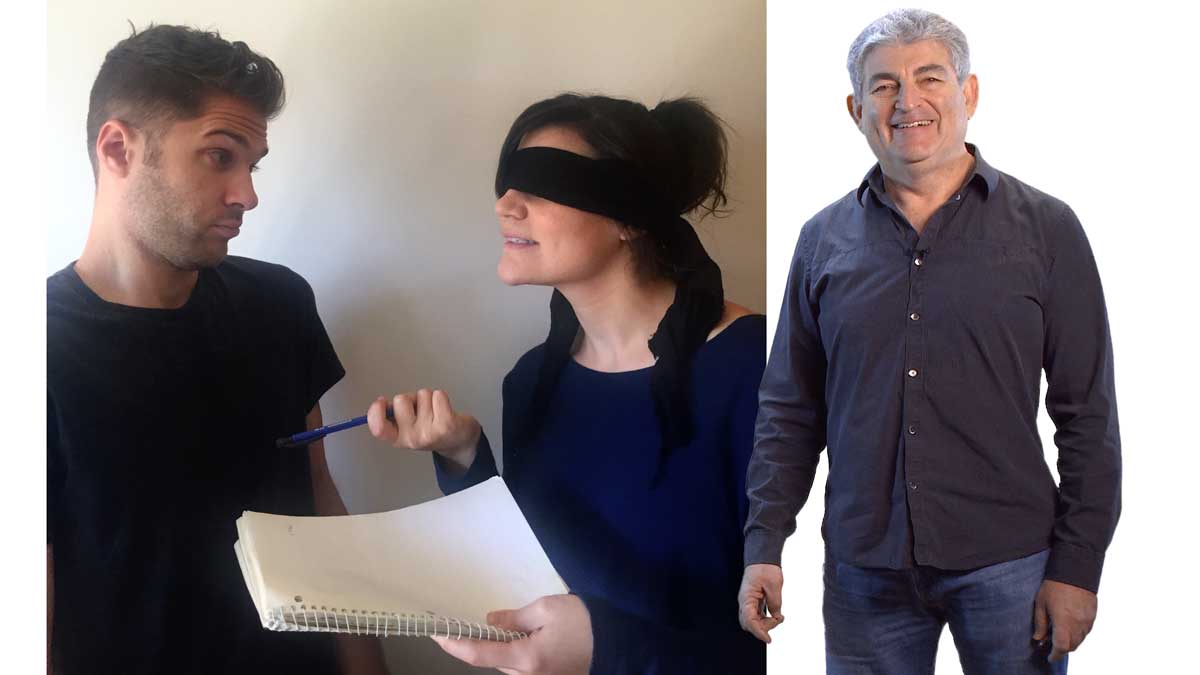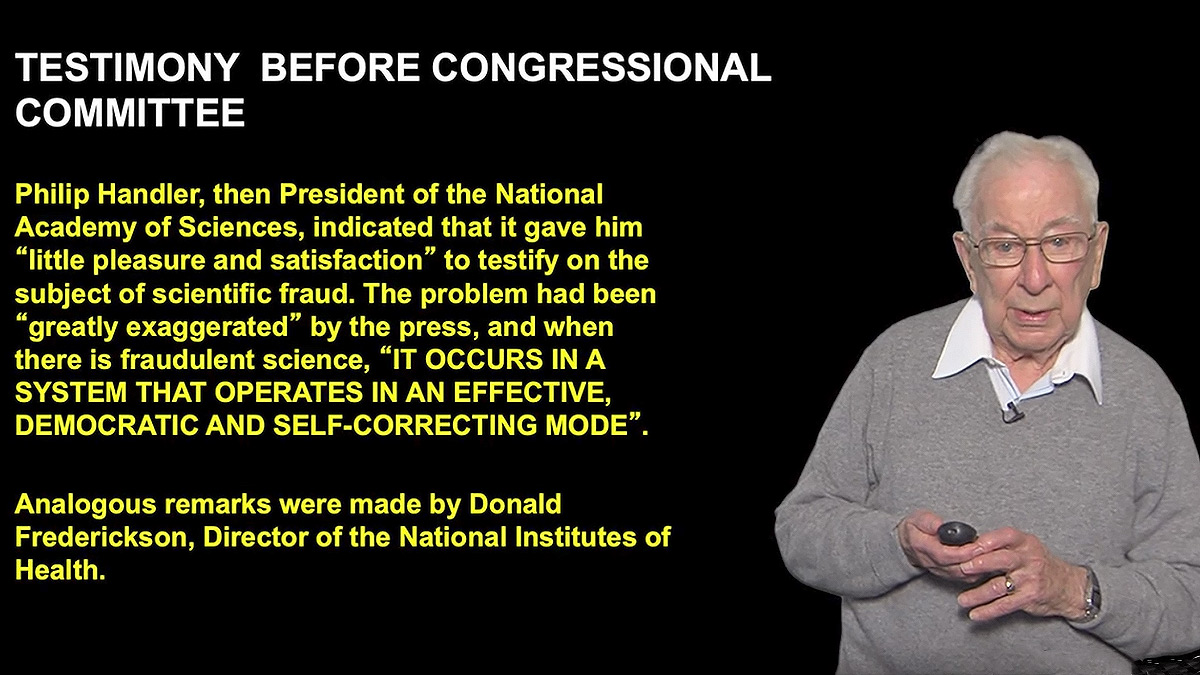Advances in science are built upon prior discoveries. Results that cannot be reproduced by others are abandoned while reproducible results serve as foundation for future discoveries. Thus, science is inherently self-correcting. In recent years, however, there has been an increasing awareness in how irreproducible results can negatively impact research and slow or thwart it’s intended outcomes. There are many factors that lead to results that can’t be readily reproduced. Scientific misconduct is one, but it is a minor player compared to lack of rigor in the design and conduct of an experiment or lack of transparency in reporting. We explore these issues in the following talks.
SCIENCE. STORIES. IMPACT.
Bringing the World's Best Biology to You






